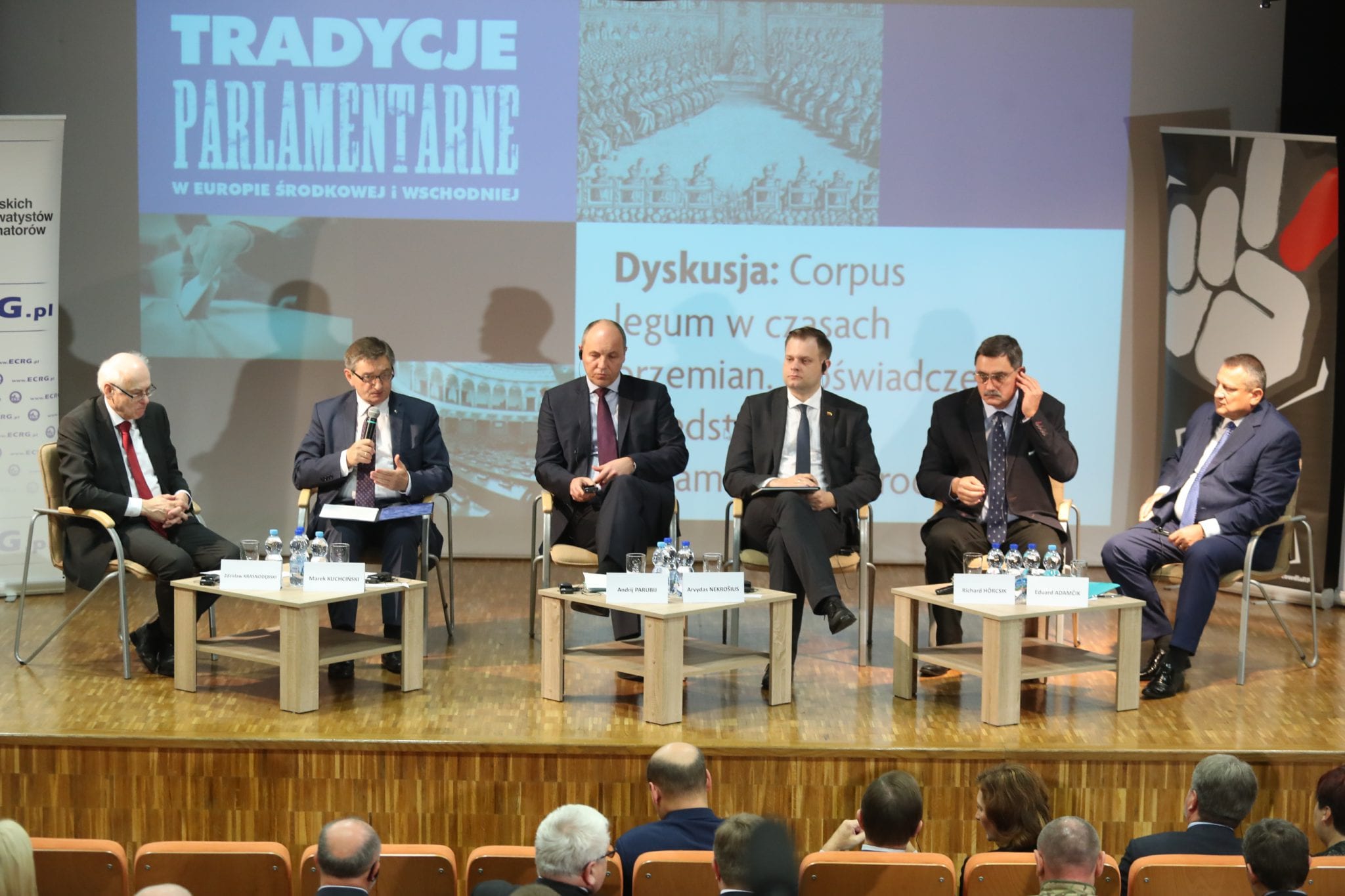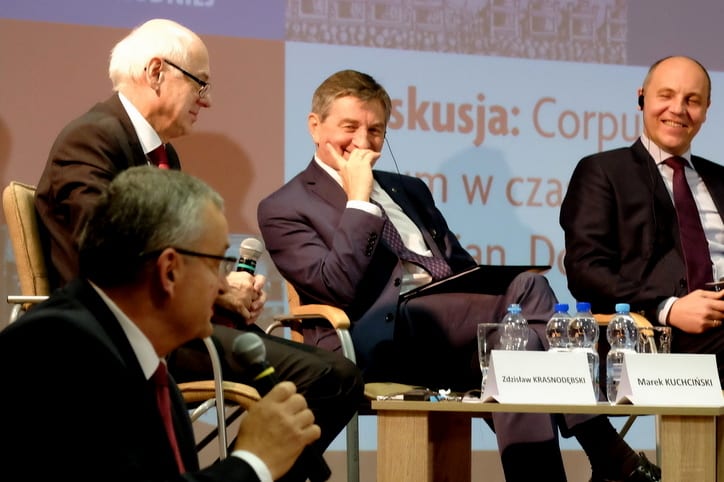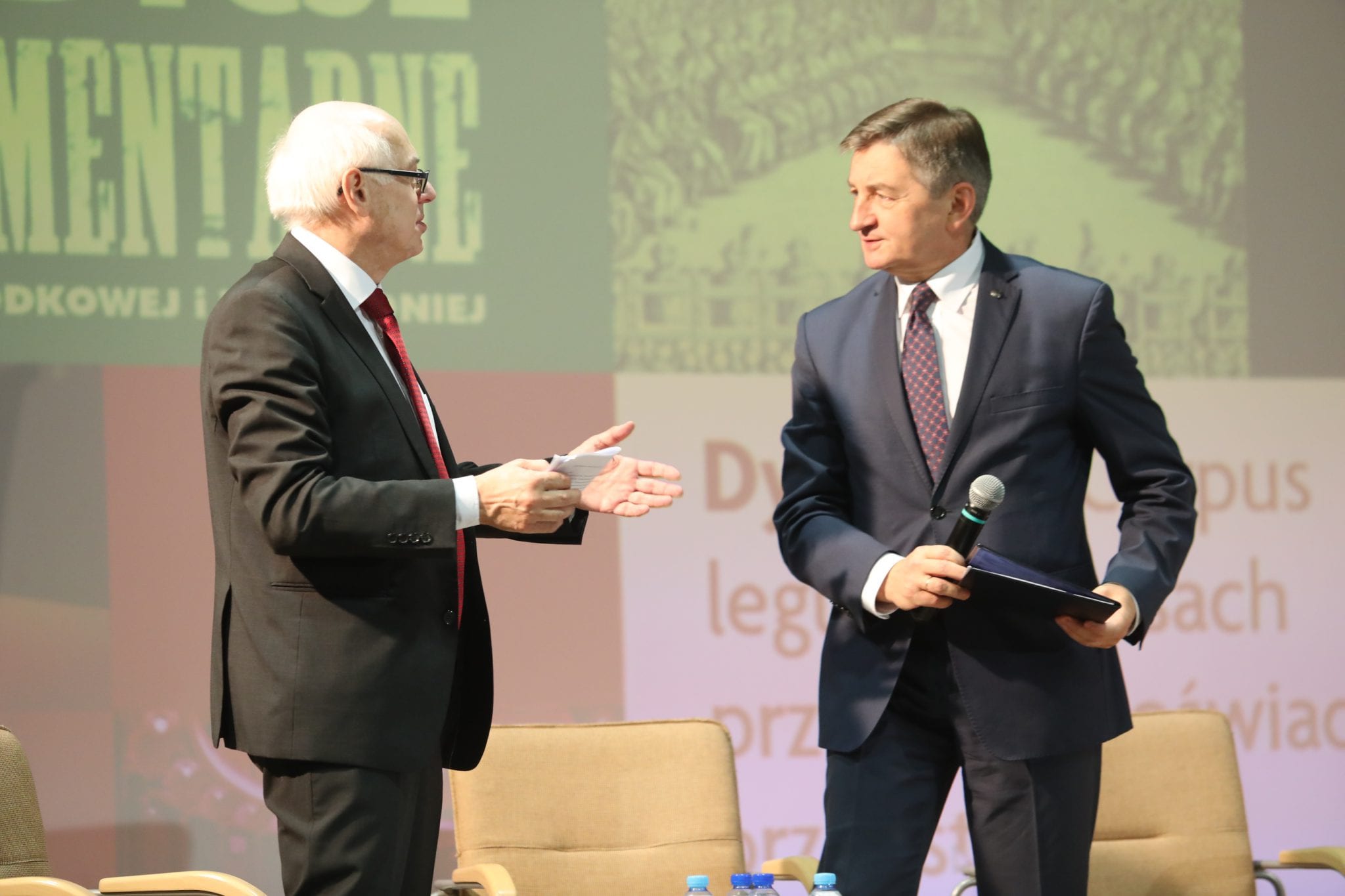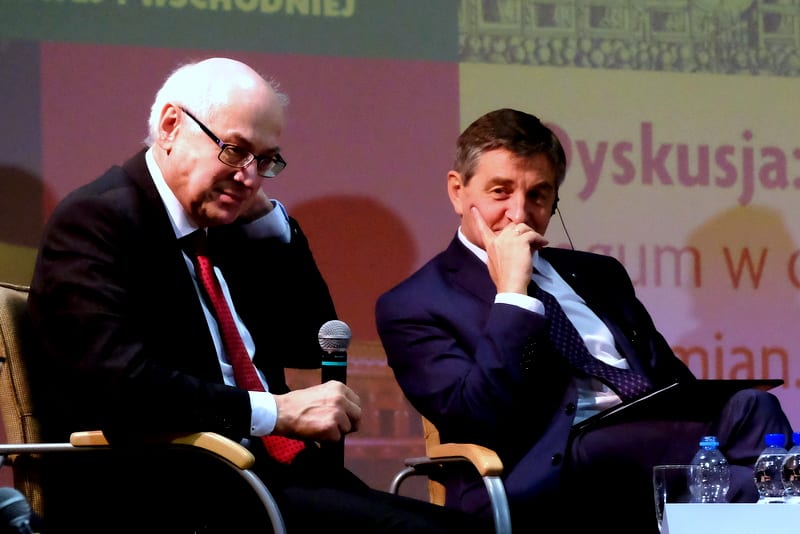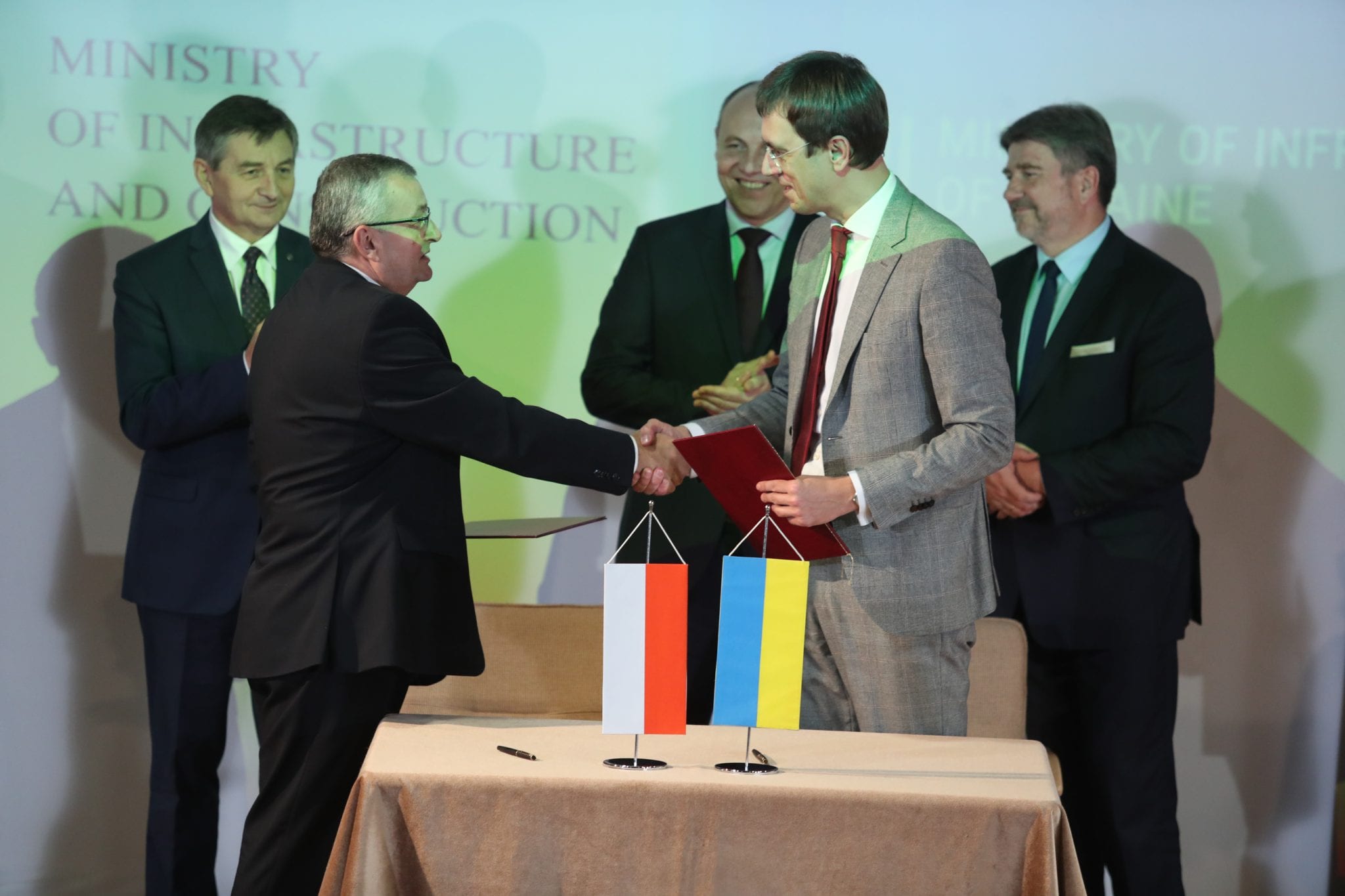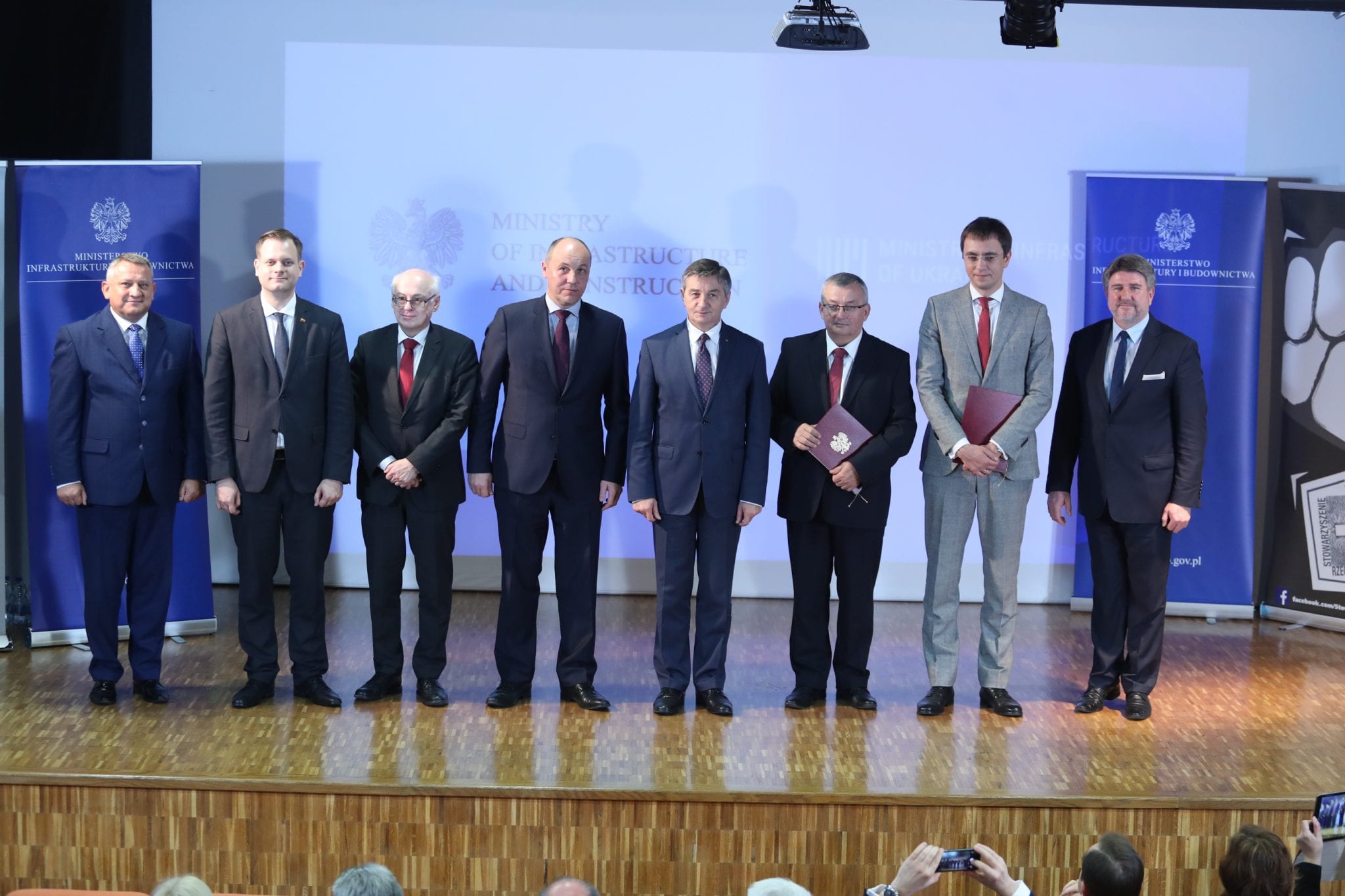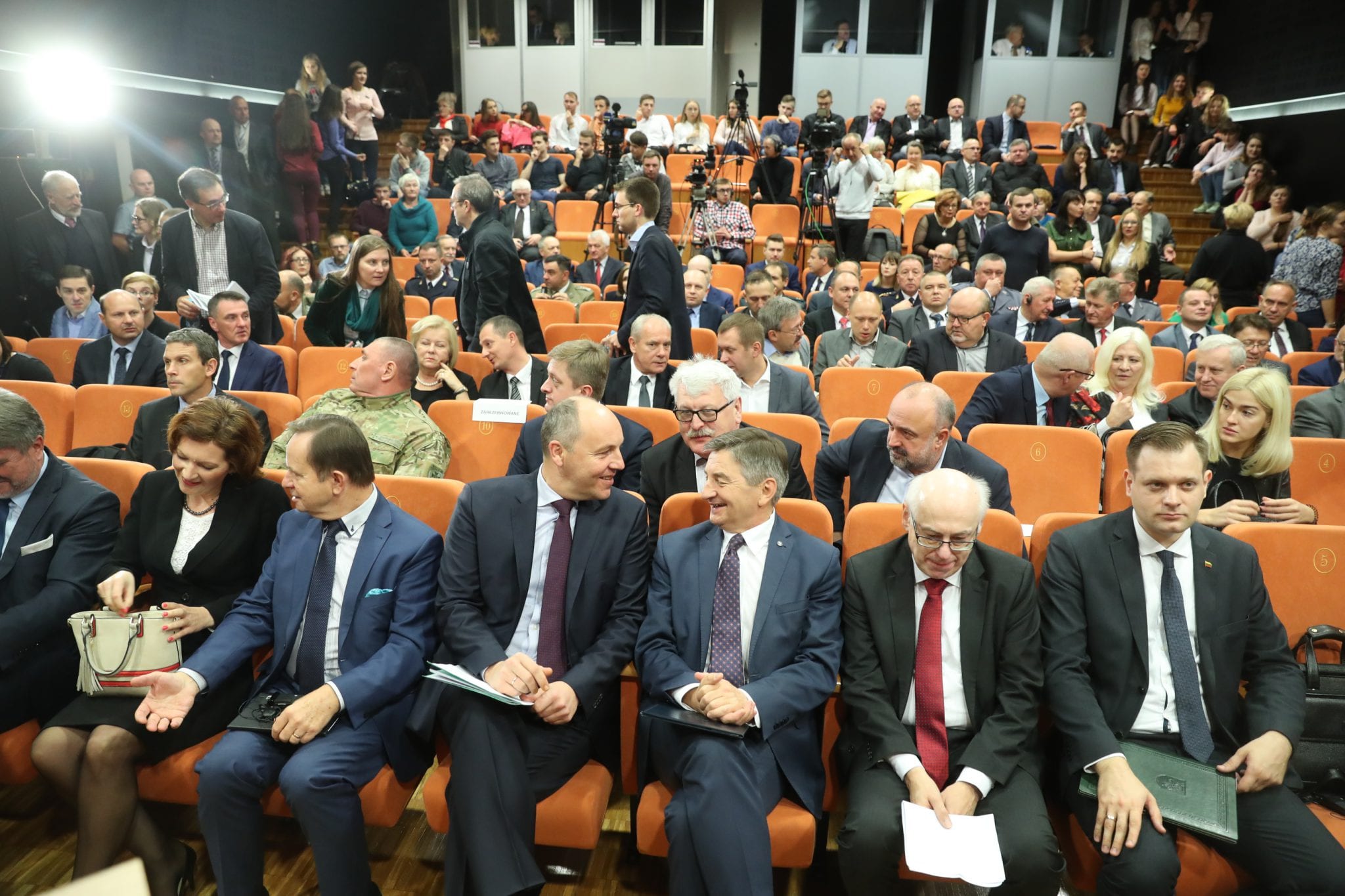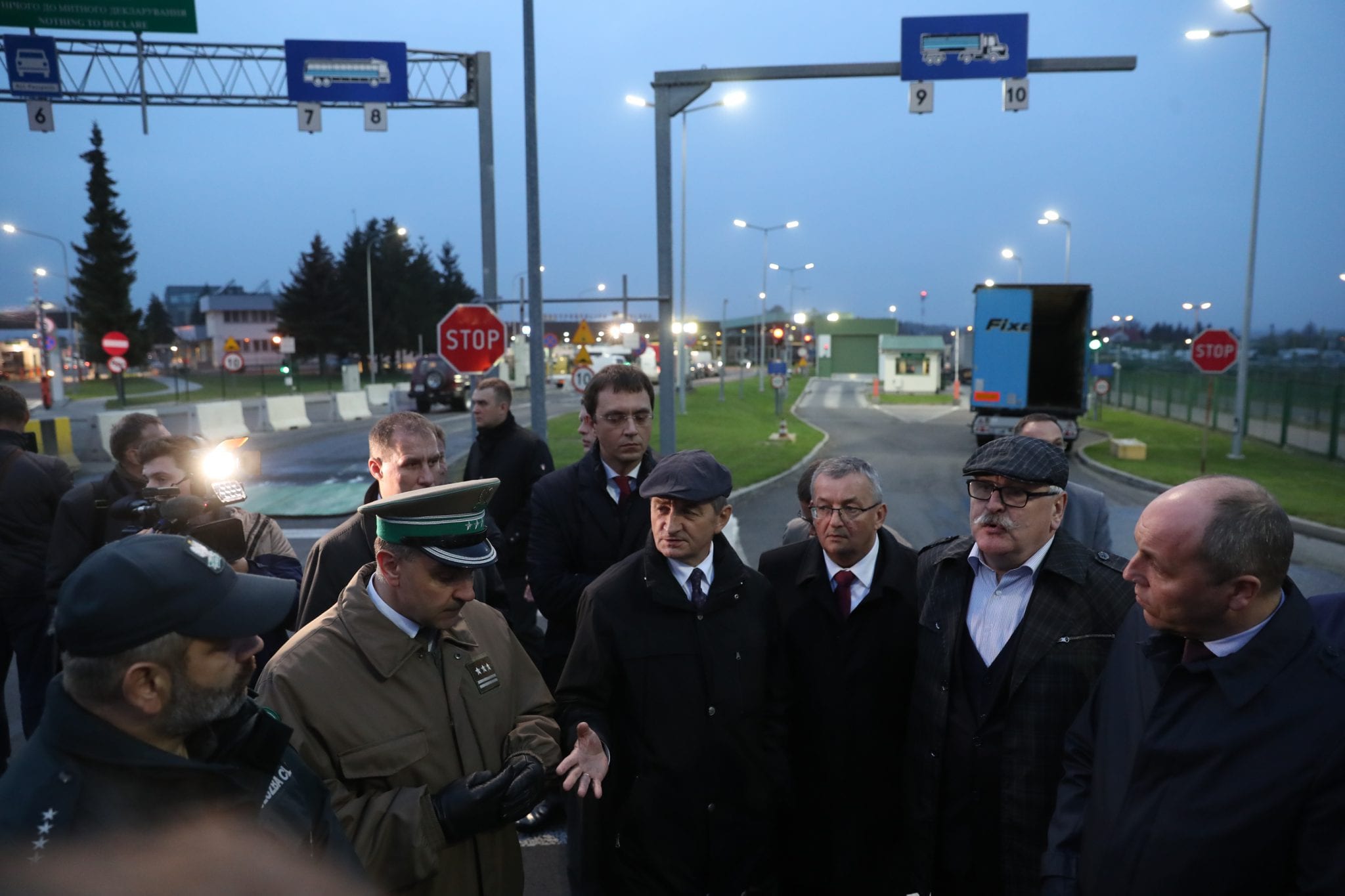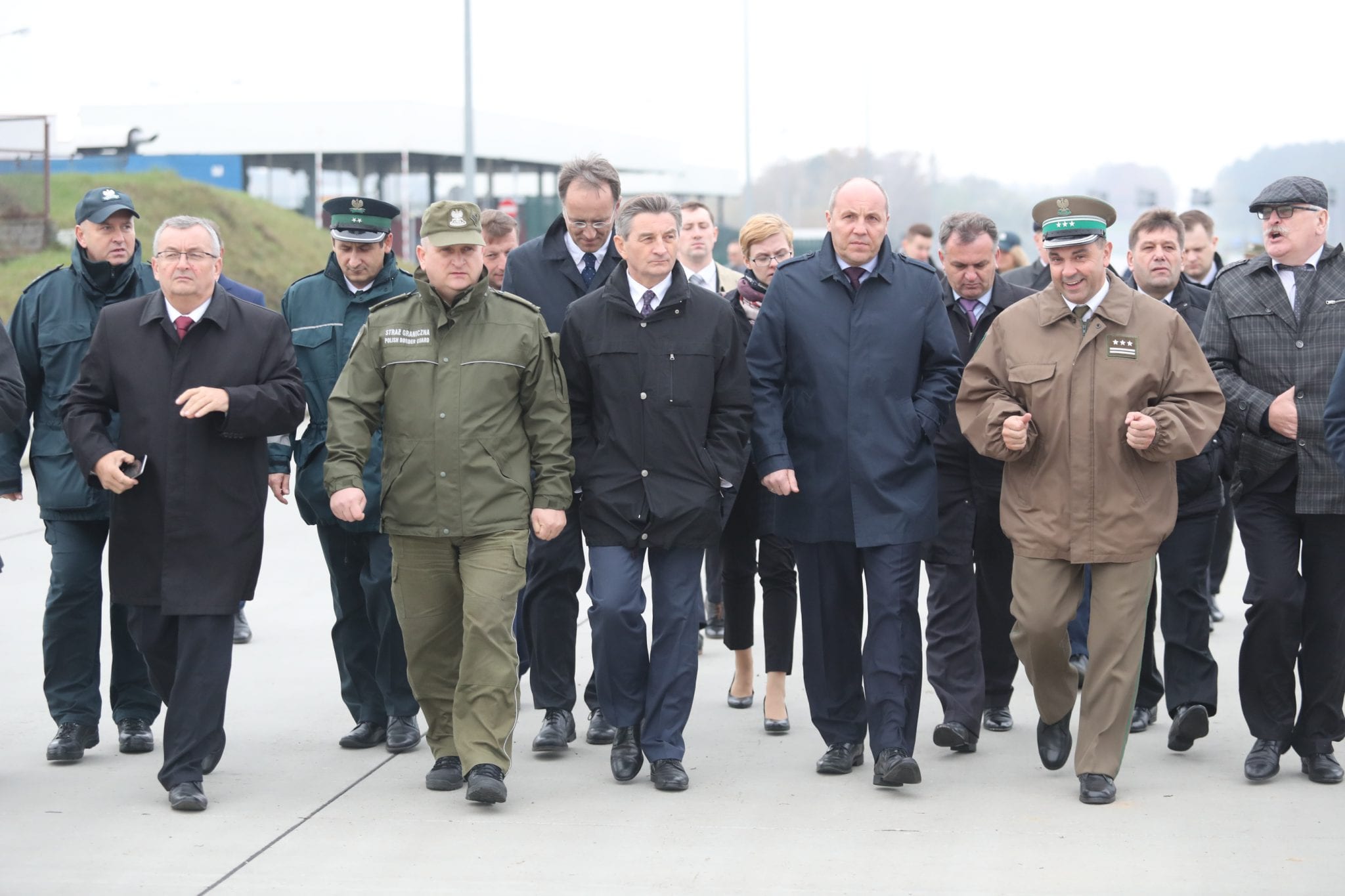A three-day conference on "Parliamentary Traditions of Central and Eastern Europe" has ended in Przemyśl, with the participation of, among others, Speaker of the Sejm Marek Kuchcinski and representatives of the parliaments of Hungary, Lithuania and Ukraine.
During Sunday's first panel "Corpus legum in times of change. Experiences of Representatives of National Parliaments," the Speaker of the Marek Kuchciński He stressed that in this part of Europe many ideas and initiatives arose that predated the assumptions that are now the foundation of a united Europe. Thus, these initiatives left a permanent mark in the legal systems of our countries. He stressed that from the perspective of more than 800 years we can see that it was in our region that the seeds of the European Union were formed. - Let me remind you of the important idea of Lex est Rex in Polonia et in Lithuania, the famous Hungarian golden bull of King Andrew II in 1920, seven years later than the monument of Europe, the English charter of liberties of John without Earth. A century later, a legal code called the Order of Tsar Dushan, which was extremely important from the point of view of legal codification, as it was the world's first recorded legal collection of Slavic customs. Another example is the Warsaw Confederation of 1573, which was something unique, as this act guaranteed religious tolerance. So a state without stakes in an inquisitorial setting. And then there's our May 3 Constitution, of both nations. The first in Europe, which initiated the constitutions today written the foundation of European, world legal culture. And these are examples that show that our part of Europe is inseparable from European civilization," said the Speaker of the Sejm.
Marek Kuchciński drew attention to the principle of the liberum veto. Widely criticized, especially in the 20th century, but on the principle of which the most important decisions of the European Union are made today. There must be unanimity. Attempts at bold, forward-thinking politicians can also be presented, using the example of Wojciech Bogumił Jastrzębowski, naturalist, scientist, in 1831 he developed and published the Treaty of the Everlasting Covenant between Civilized Nations. This was the prototype of the modern European Union. He proposed the prototype of the EP, i.e. the representation of all states, the European Constitution, which until recently was seriously discussed, the principles of cooperation, which today are enshrined in the Lisbon Treaty. - This proves," said Marek Kuchciński, "that on the one hand in practice - like the Polish-Lithuanian union, and on the other hand in theory - like Jastrzebski's Treaty on the Europe of Nations, these are examples that can confidently justify that we can confidently look for the origins of the EU in our part of Europe.
According to the Speaker, the importance of parliaments is growing in the international and domestic debate, but it is necessary to discuss the relationship between the legislature and the executive branch, i.e. attempts by the government, which we control, to somewhat weaken the parliament. Some members of governments treat the Sejm as a voting tool. He noted that also on the part of the judiciary there has been a "pushback" and encroachment on parliamentary powers. The discussion and disputes surrounding the Constitutional Court are a prime example. But also the growing extra-constitutional and extra-treaty importance of European institutions - parliament or commissions, which are also trying to encroach on the powers of our parliaments. - Today we are debating the National Judicial Council. Some people proclaim that this is part of the judicial power, but this is not true, it is something that goes beyond this Monteskian tripartite division of power. It is an institution that is supposed to uphold independence, the independence of the courts and judges, which was agreed upon at the round table and was then implemented in the first parliaments after 1989. Today, it is apparent that it must be changed because the world has moved forward," Kuchcinski argued. He also noted that another challenge is the relations of national minorities in EU countries. An example is Germany, where there are 4 million Turks and several hundred thousand Poles. - So the fundamental question is what kind of cooperation should be undertaken, whether these minorities should not have parliamentary rights," he said.
He added that another area of EU renewal is also to remind the values on which it was founded. - We need to remind our colleagues in the West that it's not just about economic values, because then we forget who a person is. It is essential to remind ourselves of the foundations of Europe on which the EU's founding fathers built," he added, and said that the EU must not close itself off to new member states. Among the potential new countries that could join the EU, he mentioned the Balkan countries, Ukraine, Moldova and the Caucasian states. According to the Speaker, the Europe of the future is a community of solidarity and free nations, based on a system of Christian values.
Speaker of the Parliament of Ukraine Andriy Parubiy He noted that parliament can help dialogue between states, a place where major conflicts are resolved, and this role is finally being recognized and appreciated. - It is said that as long as the parliament works, there is no revolution in the country, because the parliament can solve the biggest problems, Parubij said. He admitted that parliaments in our part of Europe cannot always count on as much trust at the polls as in the West.
Participating in the panel was the chairman of the Hungarian National Assembly's EU affairs committee Richard Hörcsik, referring to Kuchcinski's statement, stressed that Europe must respect two thousand years of tradition, which is based on Christianity. - It is very important to preserve the Christian identity, because it is a question of preserving the European identity. What kind of Europe do we want - Christian or not? Hungary and Poland want to defend Christian values. Cooperation between us, as well as the Czech Republic or Slovakia, must be about bearing witness to the Christian faith. We want to have a Christian Europe," Horcsik declared. In his opinion, the EU should show the green light to Ukraine to join the EU. He added that Ukraine should become an EU member as soon as possible.
Arvydas Nekrošius He stressed that Lithuania cooperates with Poland in many formats: in the Polish-Lithuanian Parliamentary Assembly, in the Polish-Lithuanian-Ukrainian trilateral agreement, in the Bucharest Nine. The changing geopolitical environment forces us to seek new forms of cooperation in the face of hostile propaganda, in ensuring cyber security, technical cooperation, in seeking resilience to internal and external threats. The Eastern Partnership is a priority for us. We want to bring Georgia, Ukraine and Moldova closer to the EU, because their prosperity, is also a guarantee of our prosperity. Lithuania is also involved in helping Ukraine, the so-called Marshall Plan for Ukraine. Threats against which we should unite are the construction of a nuclear power plant in Ostrovets, Belarus, the construction of Nord Stream 2, which contradicts energy security and violates market rules, and policy towards Russia.
Eduard Adamčik, a representative of the Parliamentary Group for Polish-Slovak Cooperation, argued that in the face of a crisis of democracy, the parliaments of Central and Eastern Europe should get to know each other and hold a dialogue.
During the conference the following was signed Memorandum regarding support for the construction of the Via Carpathia route by the infrastructure ministers of Poland and Ukraine. Minister Andrzej Adamczyk He stressed that the goal is to sign up support in the EU for the inclusion of the Via Carpatia route in the TEN-T core network. He noted that Via Carpatia is a route to boost the economy of Eastern Europe, from the Baltic Sea to the Aegean Sea.
- We are committed to developing communications in the Carpathian region, and we also want to build new border crossings. Another issue is cooperation from the Baltic Sea to the Black Sea. Cooperation in this region has great potential," Marek Kuchcinski said, summarizing the conference.
Photo: P. Kula, M. Olejnik


